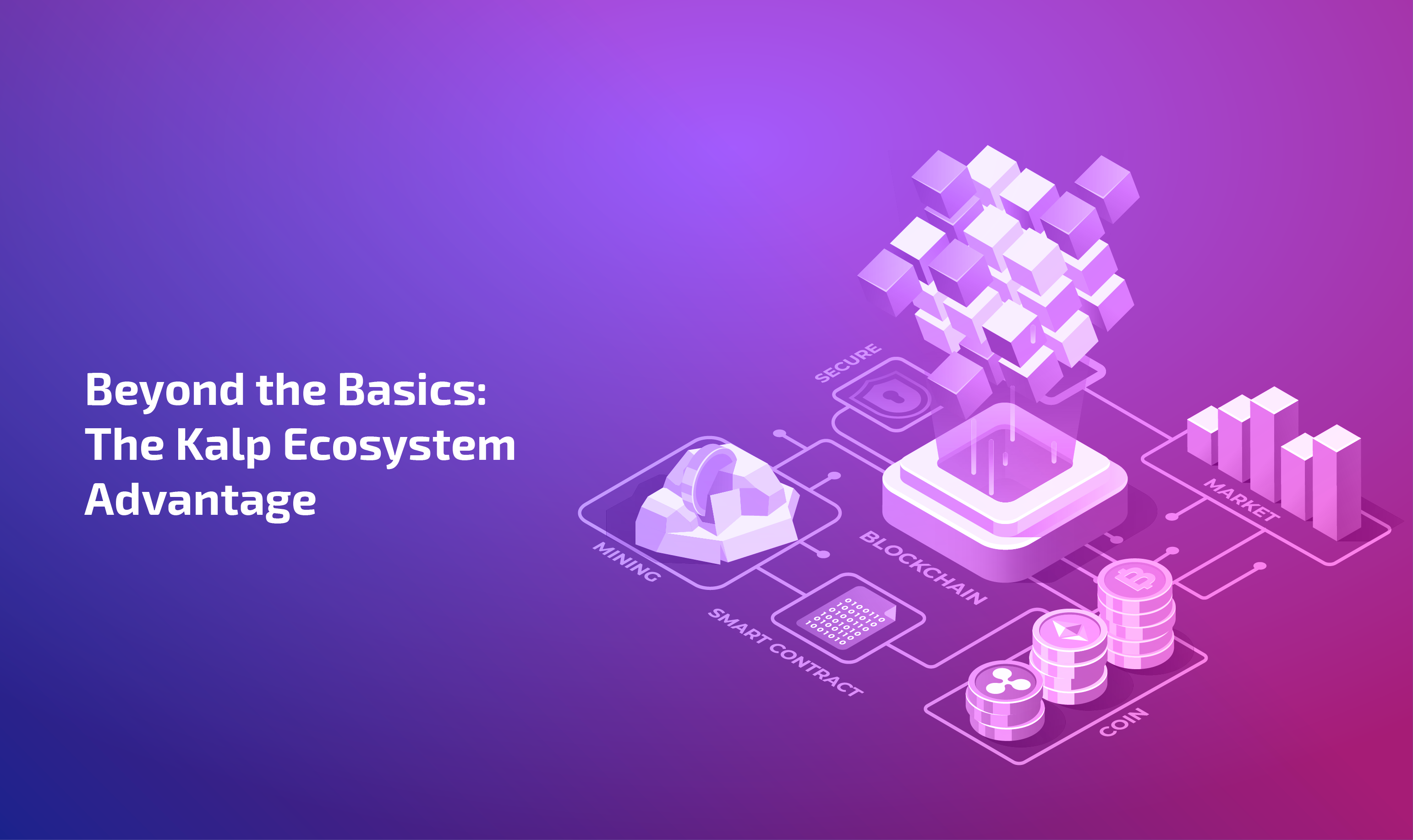
In the ever-evolving landscape of technology, a new frontier is emerging – the metaverse. This immersive virtual world, once confined to the realms of science fiction, is rapidly becoming a reality, and its potential impact on various industries is nothing short of revolutionary. One sector that stands to benefit tremendously from the rise of the metaverse is real estate.
The real estate industry has long been characterized by its traditional approach, relying heavily on physical property viewings, open houses, and face-to-face interactions. However, the advent of the metaverse presents an opportunity to transcend these limitations, offering a seamless blend of digital and physical experiences that can reshape the way we buy, sell, and interact with real estate.
Reimagining the Real Estate Experience
The metaverse offers real estate developers and firms a canvas to create immersive, interactive environments that bridge the gap between the virtual and physical worlds. Imagine exploring a property in exquisite detail, walking through its rooms, visualizing the layout, and even interacting with virtual furnishings and decor – all from the comfort of your own home.
This level of immersion not only enhances the buyer’s experience but also streamlines the sales process, eliminating the need for physical viewings and reducing associated costs. Furthermore, the metaverse enables real estate professionals to showcase properties on a global scale, reaching a broader audience and transcending geographical barriers.
Unlocking New Opportunities
1. Virtual Property Tours
Virtual property tours are one of the most obvious applications of the metaverse in real estate. Developers can create hyper-realistic 3D representations of properties, allowing potential buyers to explore every nook and cranny, from the architectural details to the surrounding neighborhood, without ever leaving their homes.
2. Virtual Real Estate Marketplaces
The metaverse opens up opportunities for virtual real estate marketplaces, where buyers can browse and purchase properties from around the world, streamlining the buying process and reducing the need for physical travel.
3. Virtual Neighborhood Exploration
Beyond individual properties, the metaverse can recreate entire neighborhoods, complete with amenities, public spaces, and community features. Potential buyers can explore these virtual environments, gaining a deeper understanding of the area and its offerings before making a purchase decision.
4. Collaborative Design and Development
The metaverse offers a collaborative platform for architects, developers, and designers to work together in real time, sharing ideas, making changes, and visualizing projects in a fully immersive environment.
Real-World Success Stories
While the integration of the metaverse and real estate may seem futuristic, several companies are already leveraging this technology to revolutionize the industry. One notable example is Decentraland, a virtual world built on the Ethereum blockchain, where users can buy, sell, and develop virtual real estate. Companies like Sotheby’s International Realty have already established a presence in Decentraland, showcasing their properties and hosting virtual events.
Another pioneering company is Metaverse Group, which aims to bridge the gap between the physical and virtual worlds by creating digital twins of real-world properties. Users can explore and purchase properties using cryptocurrencies through their platform, creating a new era of real estate transactions.
The Future of Metaverse and Real Estate
As we look ahead to 2024 and beyond, the convergence of the metaverse and real estate is poised to accelerate. Advancements in technologies such as 5G, edge computing, and extended reality (XR) will further enhance the immersive experiences, making them even more seamless and realistic.
Moreover, the integration of blockchain and decentralized finance (DeFi) will revolutionize real estate transactions, enabling secure, transparent, and efficient property ownership transfers and transactions.
For real estate firms and developers to stay ahead of the curve, it is crucial to embrace a forward-thinking mindset and invest in metaverse strategies. Partnering with experienced metaverse development companies and leveraging cutting-edge technologies will be key to creating captivating and engaging virtual experiences that resonate with modern consumers.
As the metaverse continues to evolve, it presents boundless opportunities for the real estate industry. From virtual property tours and augmented reality staging to collaborative design and development, the possibilities are endless. By embracing this technological revolution, real estate professionals can unlock new revenue streams, enhance customer experiences, and future-proof their businesses in the digital age.
The convergence of the metaverse and real estate is not just a fleeting trend; it is a transformative force that promises to reshape the industry as we know it. Those who recognize its potential and adapt early will undoubtedly gain a competitive edge, positioning themselves as leaders in a rapidly changing landscape where the virtual and physical worlds converge seamlessly.








